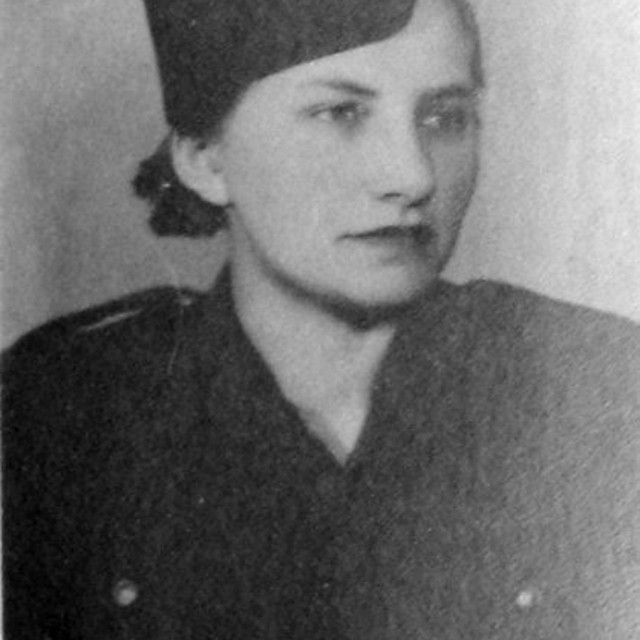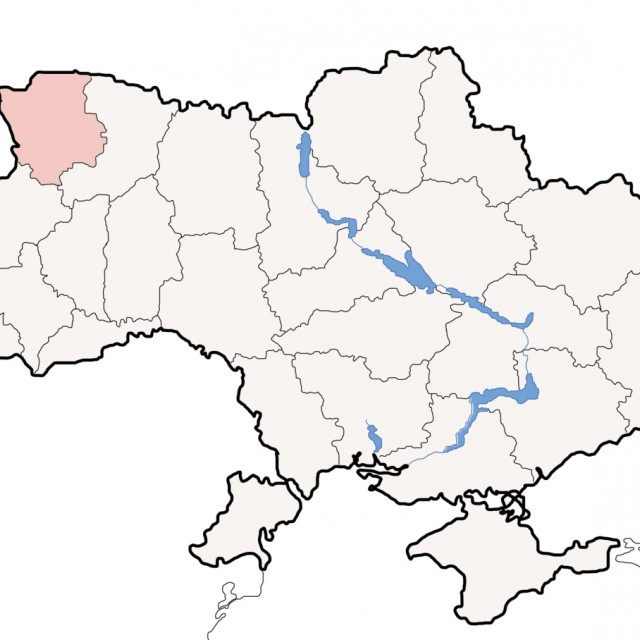Five years for a bit of butter
When the Soviet army invaded Volhynia in 1939, Emílie Jarmarová was 18 years old. Living in her native Bakowce was no longer the same. The soldiers stole everything they could from the shops. Many people were taken from the village to gulags. Mrs. Jarmarová’s cousin was also imprisoned. “A Polish woman with a little child came to his shop and asked him: ‘Please leave at least a quarter of butter for me, I have nothing at all to give my child.’ She had already got some bread elsewhere, so he gave her the butter.” At the moment, there were also two Russian soldiers and Mrs. Jarmarová’s father in the shop. As soon as the Russian soldiers left, he told her cousin: ‘Go home, get one of the coats that sold here not long ago, and stitch patches of old rags onto it. You will get arrested. If they saw a new coat, they would take it away from you then you’d be left with nothing, so its better to let them think that it’s an old one.’ They actually came the next day to get the sympathetic grocer. He was sentenced to five years for giving a little butter to a Polish woman and her child.
Hodnocení
Hodnotilo 0 lidí
Routes
Not a part of any route.
Comments
No comments yet.



